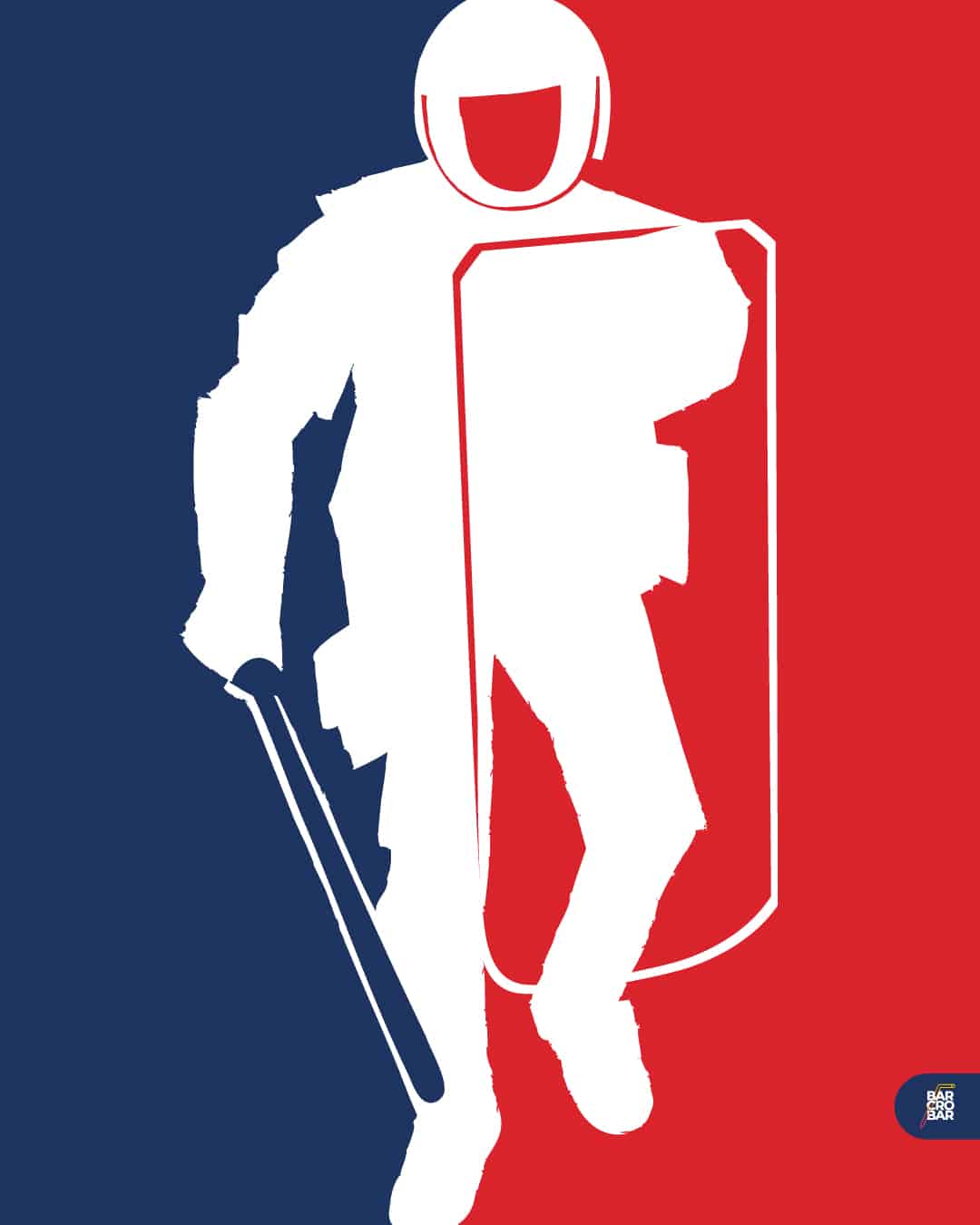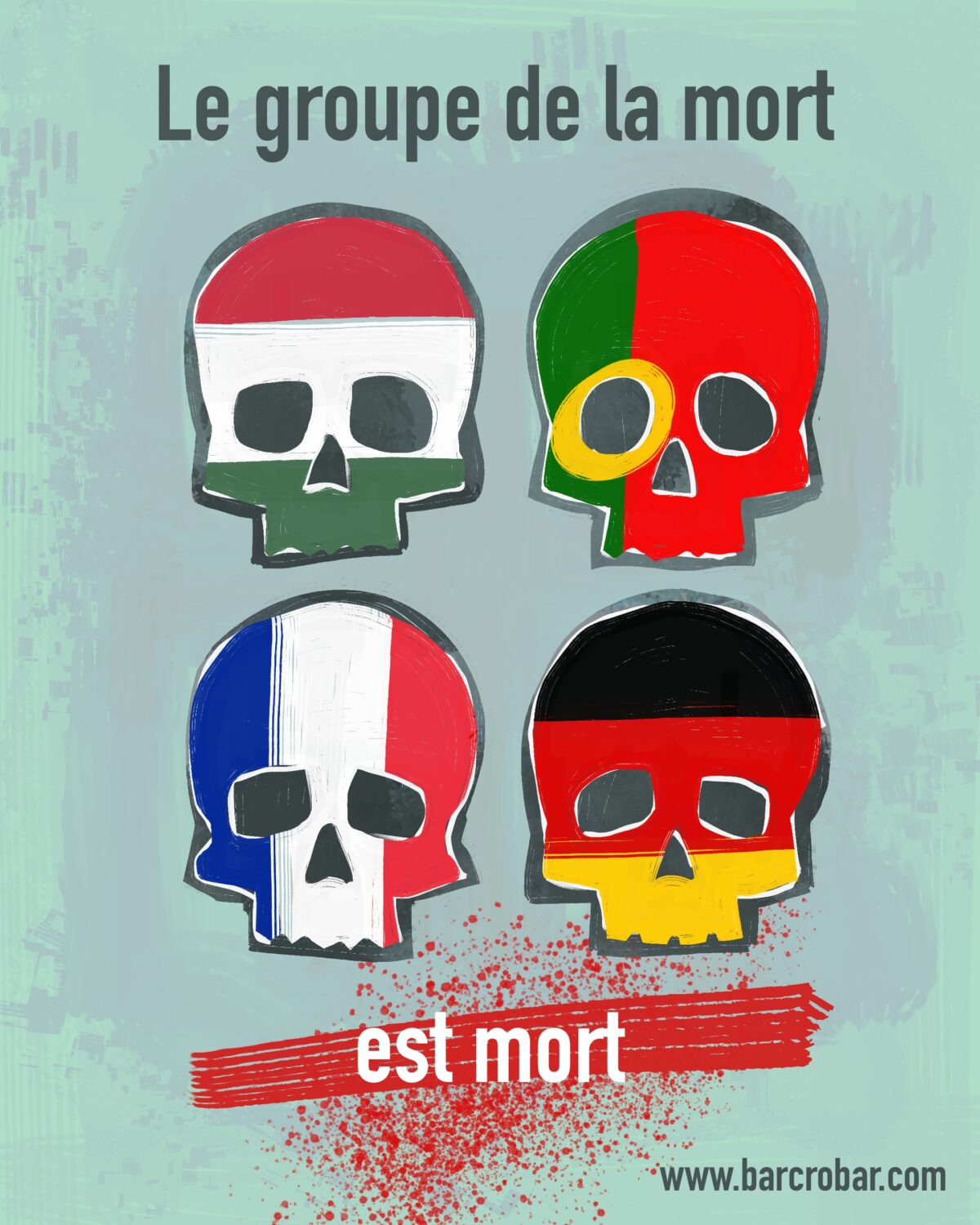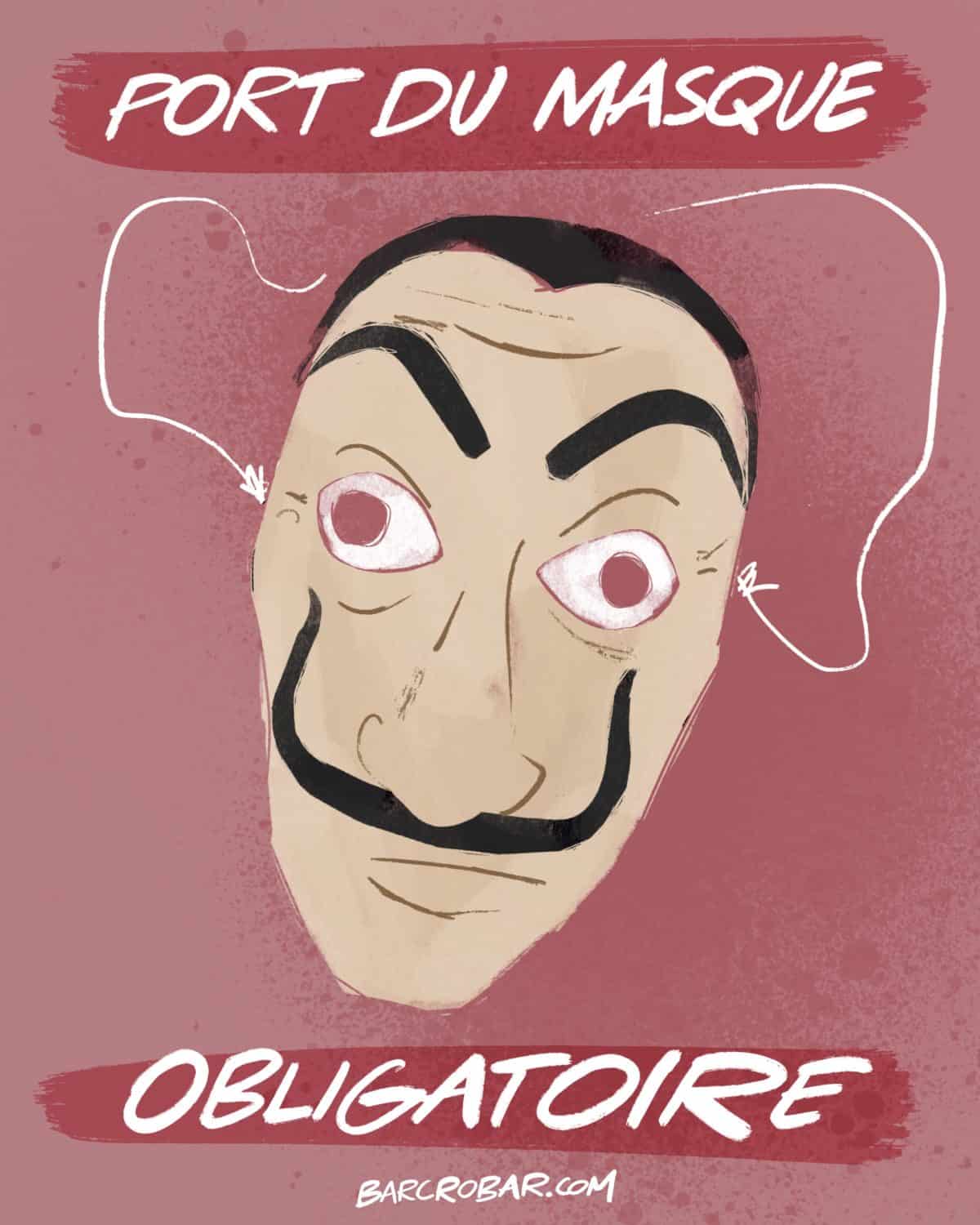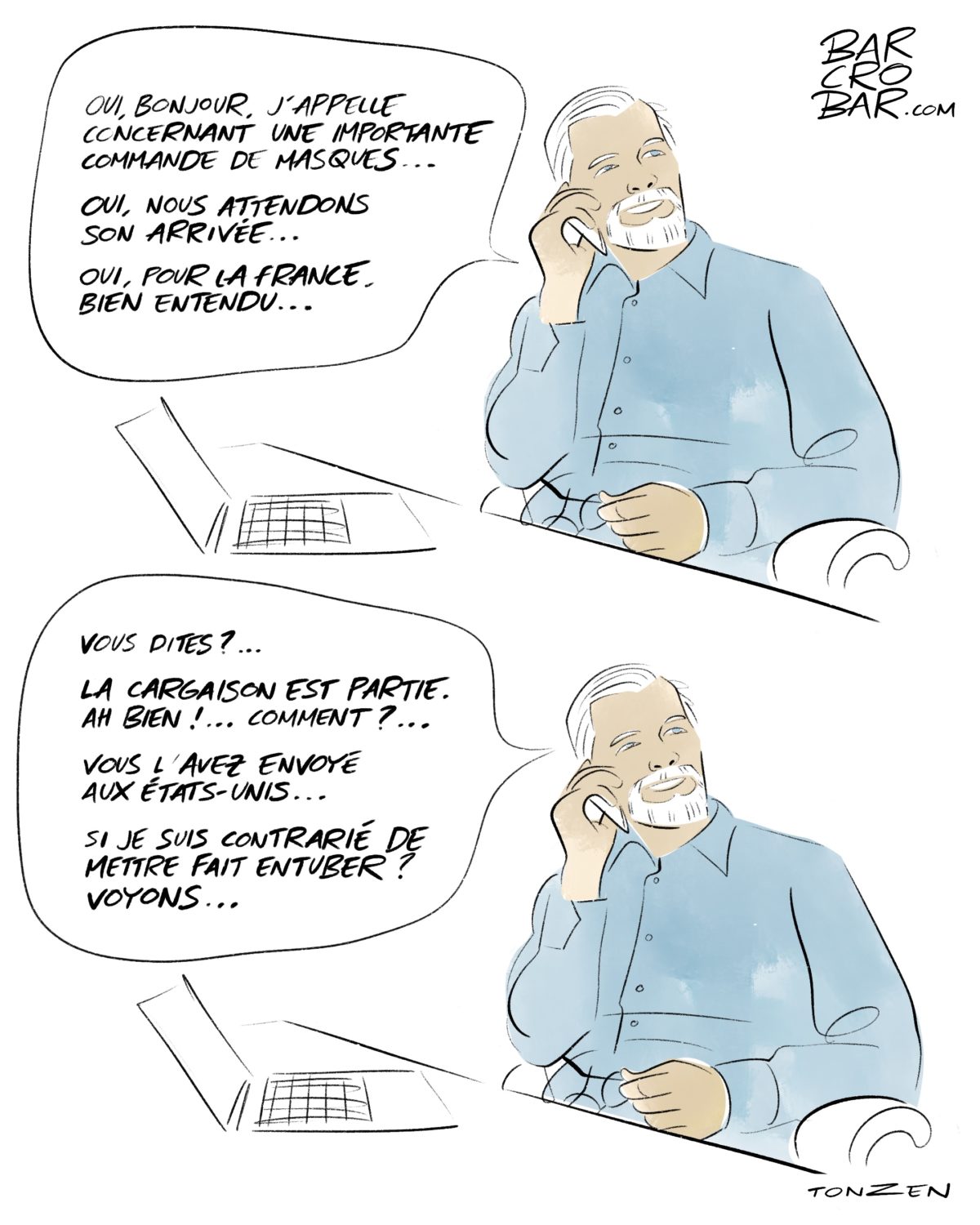France has been on the front pages of the foreign media for a week now. And the image of our country is catastrophic. Seen through the mirror of the foreign press, France is a country where nothing goes right any more. "The French model is broken", says the Sunday Telegraph which states that discrimination, racism and anti-Semitism are far more widespread in France than in the UK.
Another British newspaper, "La France a mal" (France is in pain), believes that "France has descended into chaos". Die Zeit in Germany. The Russian media, close to the Kremlin, spoke of "decadence and disorder". The Algerian press denounced France's racism and its stubborn refusal to acknowledge its violent colonial past. As for the images of the riots, they were broadcast around the world. They were on the front page as far away as China.
Foreign commentators denounce the failure of our integration model. All these articles have been compiled over the past week by "Courrier international". The New York Times sees the crisis as a specifically French problem, a crisis of identity and integration in France, illustrated not only by the riots but also by the ban on women footballers wearing the hijab. The English press is in the same vein.
The Observer explains that the French motto of "Liberté-Egalité-Fraternité" (Liberty-Equality-Fraternity) appears to be a delusion, even a lie, in the eyes of the inhabitants of the suburbs. Because France refuses to discuss racial issues. France does not recognise ethnic differences, since it is even forbidden to compile statistics on the issue. The French can't solve their problem of discrimination because they don't know how widespread it is.
Le Times in London says much the same thing, stating that the English model is superior to the French model. The English model can be summed up as 'laissez faire', in other words, encouraging the expression of diversity.
POLICING AT THE HEART OF THE INTERNATIONAL DEBATE
The issue of police management was raised, not to highlight the fact that some 800 police officers have been injured in the last week, but rather to denounce the scene that sparked off the riots, the shooting of the Nanterre police officer.
"When will the French police finally change? asks the German Süddeutsche Zeitung, which takes the view that in France the security forces primarily protect the state and not citizens.
And the newspaper believes that what happened in Nanterre is not exceptional. Last year, 13 people lost their lives during road checks. "It's a disgrace for France", concludes the German newspaper.
There is a general problem of police violence in France, also believes Die Zeit, who believes that the Nanterre affair is a blunder that could be the French George Floyd affair.
In the United States, a star presenter on CNN said he was stunned that a police union had referred to the rioters as "pests" or hordes of savages. "It would be impossible to use those words here," he said.
IS FRANCE CAPABLE OF ORGANISING THE OLYMPICS?
Le New York Times speaks of two France's, with on one side a France that favours order and on the other a camp that sees racism and the mistreatment of minorities. Two camps that seem irreconcilable.
All this paints a very negative picture of France. It's undoubtedly a harsh, even caricatured image, but the European newspapers are asking themselves one question: will France be able to organise the Olympic Games in a year's time with peace of mind? It's a cause for concern...
Text by Nicolas Poincaré (edited by J.A.) RMC BFMTV





